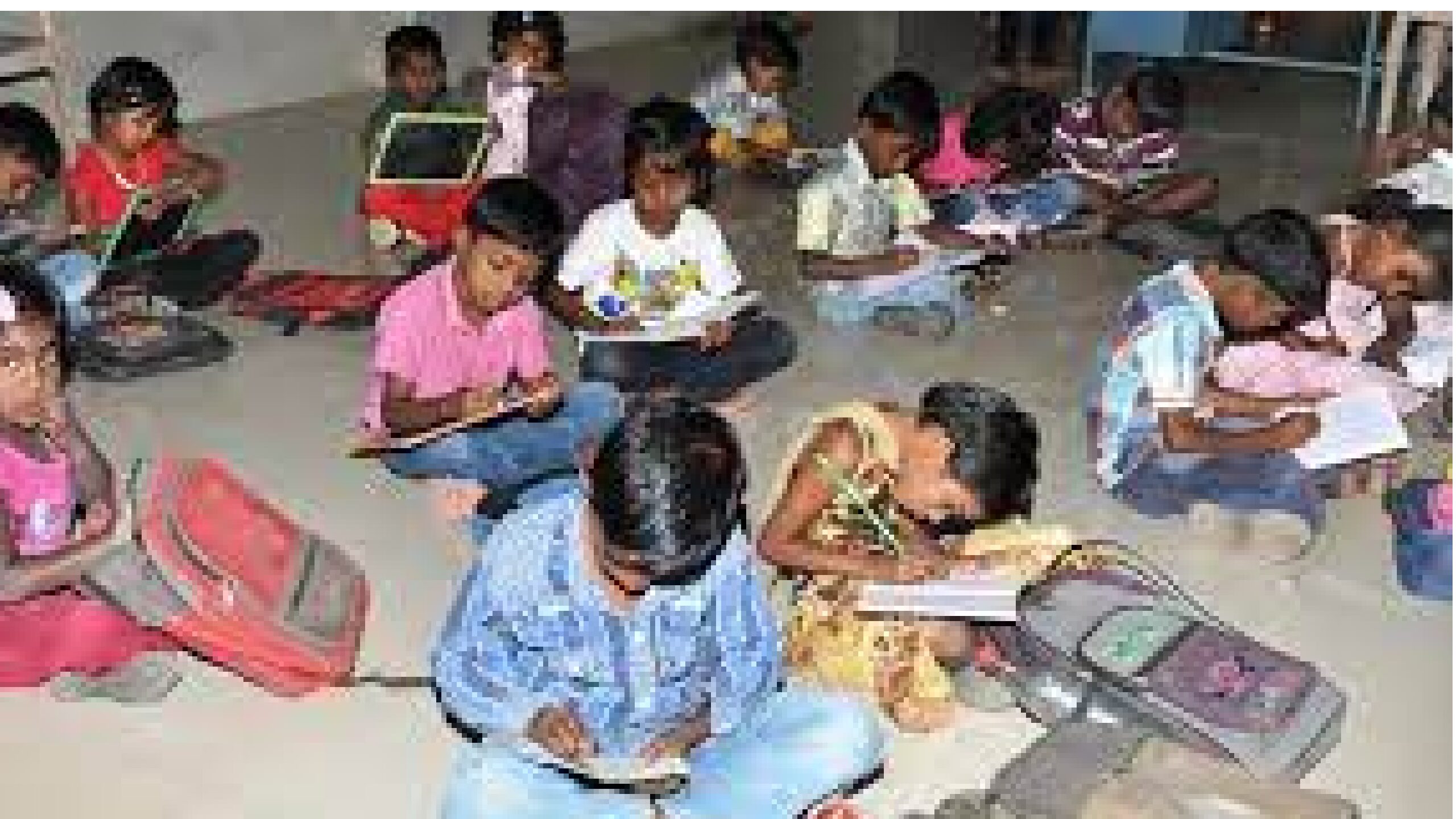Half of the districts of the country are “backward in education” (according to UGC)
It should be a stunning revelation of the week. About half (374) of the districts in the country are considered by UGC experts as “backward” in education. That is what the Deputy Minister for Education told the Rajya Sabha last Wednesday, 27th July. In AP, seven districts fall in that category. Even student enrolment rate in these districts is lower. To overcome this situation, the Minister also informed the Parliament that the Government is launching now “Rashtriya Uchchattar Shiksha Abhiyan” (RUSA) under which colleges and universities will be setup in those districts and “better facilities” will be provided there. The larger context of this initiative is missing in this reply.
Also read: What happened to “little Republics” of India of yesteryear? They need a voice, urgently!
Primary education gets attention recently
It is only recently that primary education received some attention in policies despite that it is known for long that foundational and formidable years for a child are three to six or seven. Decades ago school enrolment has been made compulsory and right to education was made fundamental (2001) and legislated. Successive governments have taken multiple initiatives to bolster school education, including rationalising somewhat teacher salaries. All that has neither increased enrolment nor the dropout rate has declined. Even more devastating is what ASER reports have been pointing as class wise outcome last one decade. All this despite that the Constitution (1950) has indicated ten years to make every one literate. Even in 2022, 25-35 percent remained illiterate in villages. (China achieved that around the same time and within that time frame). There were three National policies on Education in thirty years with specific claims, promises and initiatives like Sarva Shiksha Abhiyan. Also, since 2004 and 2007 two percent for primary education and one percent for secondary education is being collected as “education cess” from tax payers. What has been the difference all that has made in terms of outcomes? In a 2022 field survey in the wake of Covid, significant percent of those in schools were not sure of their completing or continuing schooling, whatever be the reasons. In AP, for example, pass out percent of 10th class in 2022 was lowest ever in the decade at around 65% (resulting in over a dozen suicides).
Also read: When Can We Expect Checks & Balances Between the Executive, Legislature & Judiciary?
Teacher posts remain vacant
And, yet, 30 to 60 percent of teacher posts remain vacant in some states for years. Even Supreme Court had pointed the state governments twice to fill the vacancies. Instead, many states went into engage temporary teachers so that they do not have to pay full salary. Some states took fresh graduates with no training whatsoever, unconcerned of the implications on the quality of schooling. No wonder why a Delhi High Court (Judge Khanna) observed in 2021 that he did not want to open a Pandora’s Box by ordering regularisation of temporarily appointed teachers. On the other hand, what for the education cess is being used (for midday meal, quality betterment, etc.) and with what outcomes is not known.
Also read:Do we expect any better Environment?
We presume education is for jobs
What should surprise now is despite all such disgusting situation of primary and secondary schooling, we continue to presume that “education is for jobs”. And pursue a rat race in an all-out way for pass percentages, individual ranks and admission into foreign institutes as if that is ultimate goal of education. What should also surprise is despite the dilemma, difference in quality of schooling between public and private schools and competitive outlook, continues between them without an independent regulation. Politicisation of education at policy level has become more overt now in many states. Politics, religion, caste and community are increasingly engaged in push and pull with school committees from a party centric electoral route. Even language (medium) of teaching has become contentious and political. Politics are even fiddling now with course contents and syllabus priorities. At this rate neither we will ever see education liberated from party politics, able to implement much needed reforms and will see better societal relevance of schooling. When will we see an end of all that so that the young are not deprived from moulding their own future and that of the country. Education should not be cause and effect of such a trend.
Also read: Biographies could change future of a generation!
Initiative by AP government
The recent initiative of Andhra government although some of them have destabilising potential, the ones which are timely include emphasis on “conceptual learning” instead of “rote learning”, emphasis on class room participation, community projects, communication skills, leadership skills and extra-curricular activities – instead of assessing performance on the basis of same old two or three-hour exam. If these ideas are also seriously implemented, they could change the present chase for ranks and the dilemma on the education front.
Also read: No holds barred opportunity to an individual channel to excel…
(Dr N Bhaskara Rao is a longstanding research based public policy analyst. He is author of several books on Good Governance, Citizen Activism, Media Effects and “As We Sow, So We Reap”)





thanks for info